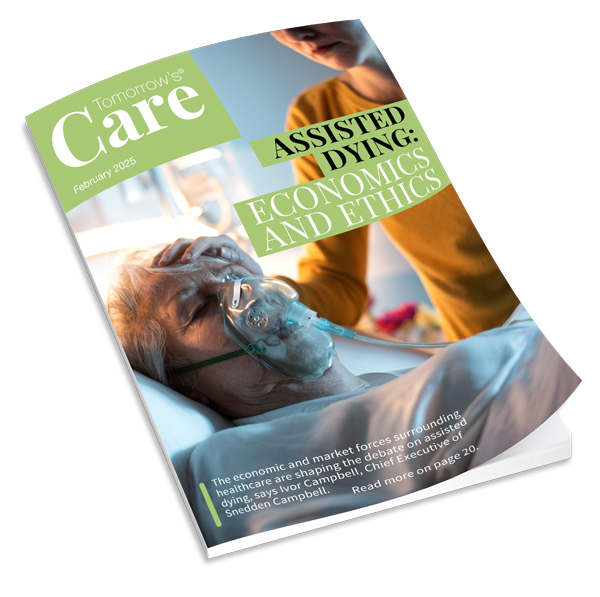The UK government has announced that approximately 10,000 people in care homes will be given repeat testing as part of a new government study into coronavirus to understand more about its spread in these settings.
The study will take place across over 100 care homes in England with swab tests (known as a PCR test to test if a person currently has the virus) and blood (antibody) tests for all consenting staff and residents over the next year. This will provide reassurance for those living and working in care homes and allow them to react quickly to outbreaks.
It forms part of pillar four of the government’s COVID-19 testing strategy to conduct UK-wide surveillance testing to learn more about the spread of the virus.
Minister for Care Helen Whately said: “We know care homes are on the frontline of our fight against coronavirus, with the virus affecting older people more acutely than the general population.
“Not only will this study provide important reassurance to thousands of residents and staff, it will also build our understanding of the rate of infection in care homes and add to our knowledge about the risk factors that mean the virus can affect individuals differently.
“The results of this study will help inform our future plans for managing the pandemic, to protect the public and those who receive care as we work to carefully return to normality.”
The first blood samples took place on Thursday 11th June. This information will help inform future government strategy on the ongoing response to the virus, including lockdown and social distancing measures. The first results from initial participants are expected to be available in July.
The research, carried out in collaboration with DHSC, UCL and NHS Data Foundry, will draw on results from whole care home testing and previous studies to build a more comprehensive picture of how outbreaks play out over time within the same home.
Dr Laura Shallcross of UCL Institute of Health Informatics said: “This study will provide unique insights into the proportion of care home staff and residents who have already been infected with COVID-19, and the proportion with an antibody response. We will also collect detailed information from care homes to try and understand why some care homes have had outbreaks and others have not.
“Taken together, this information will be used to inform the pandemic response in care homes, and protect residents and staff from becoming infected with COVID-19 in the future.”
Professor Martin Green OBE, Chief Executive, Care England: “Care homes are the front line and this opportunity is welcome. This study is absolutely critical if we are to win the battle against COVID-19.
“There is still so much to learn about this virus; why some care homes have tested positive whilst displaying no symptoms or deaths and others have felt the full force of the brutality of this silent killer.
“The government’s study will help us understand the way in which this virus operates thus enabling us to be better prepared today, tomorrow and in the future.”
On top of this surveillance research in care homes, the government has extended whole care home testing to all adult care homes after meeting the target of offering a test to every care home for over-65s and those with dementia in England by 6 June.
Since the launch of whole care home testing, the government has provided test kits to over 12,000 care homes, and are now able to send out and process over 50,000 test kits a day.


























